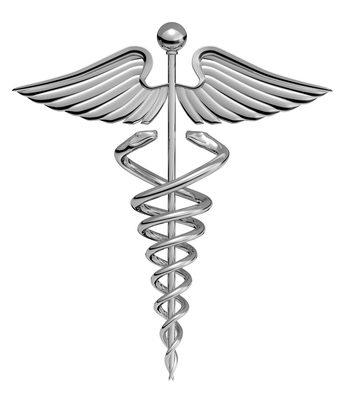While there are many similarities between the two, there is a significant difference between an MBA in Health Administration and a Master’s in Health Administration. As explained below, the MBA focuses on general business while the MHA focuses on the health care industry.
An MBA in Health Administration
An MBA in Health Administration gravitates towards the commercial aspects of the health care industry. Therefore, less time is spent on health care policies and process and more time is spent on operations and management.
MBA in Health Administration programs are geared towards potential upper management and executive leaders who must also understand broad business concepts, such as IT, HR, finance and marketing operations. Many students choose to pursue an MBA in Health Administration because they want career flexibility. This is because an MBA in Health Administration program is more general and thus more applicable to different areas of interest or even industries. As a result, an MBA in Health Administration holder could work in any managerial position within the health care industry, whether it be the PR or accounting department.
Sample MBA in Health Administration Program
An MBA in Health Administration program integrates and presents important business disciplines to prepare students to excel in a cross-functional business position. These programs will start out with standard MBA classes regarding economic environments, integrated marketing and financial accounting. They will most likely also have classes that cover leadership skills, organizational strategies, operations management and data analysis for better decisions. Students will receive unique classes that combine an MBA perspective with health care training. These classes will teach students how to manage health care systems, processes and general operations. Students will be exposed to thorny legal issues in the health care industry and how to craft policies that protect patients and employees.
A Master’s in Health Administration
While the MBA in Health Administration degree deals with general business skills and knowledge, the MHA primarily deals with the changing health care industry. Thus, students are endowed with the relevant operational skills and technical prowess necessary for efficient and effective health care leadership and administration. For example, an MHA student will learn about health-care-specific IT operations, such as health information systems. Health administration coursework focuses on humanely efficient ways to deliver health care services. In order to succeed in health care administration, students must develop robust analytical and decision-making skills and possess specialized knowledge of current trends and changing policies.
Sample Master’s in Health Administration Program
Basic classes will cover health care economics, communication, project management and policy and law. Classes may cover changing health laws and pertinent legal topics such as medical malpractice and vendor contracts. On the other hand, health care statistics and informatics are becoming more important as health care organizations recognize and embrace the value of information technology and data management. The program may include classes that teach students how to develop and maintain a quality and process management program. Students will learn about health care revenue cycle management and health care policy analysis and decision making. In the end, all course content utilizes real-world situations and case studies from health care organizations.
Overall, both programs provide a thorough introduction to health care management. The major difference between an MBA in Health Administration and a Master’s in Health Administration is that the former focuses on general business operations while the latter focuses on the health care industry.
Further reading: Top 10 Best Online Master of Health Administration Degree Programs (MHA)
